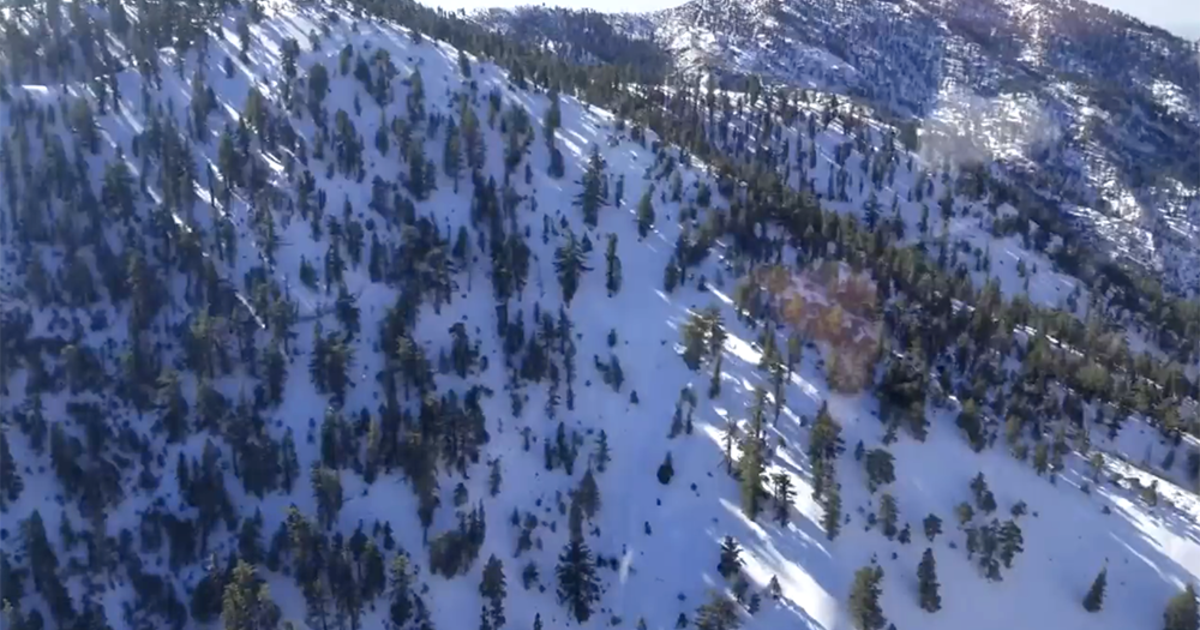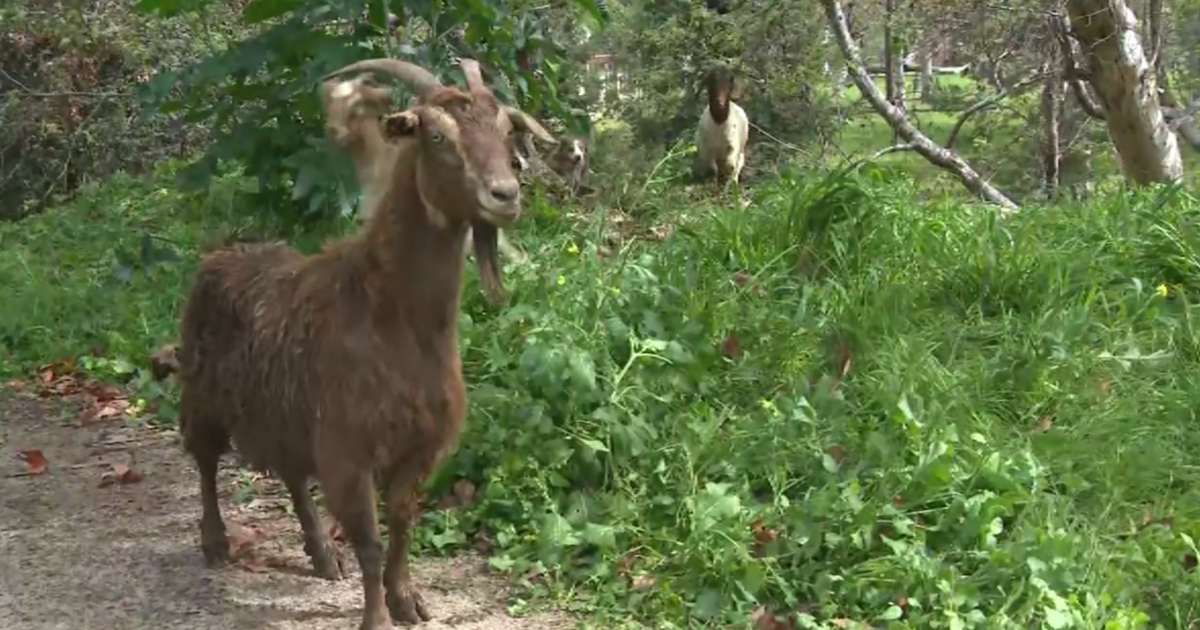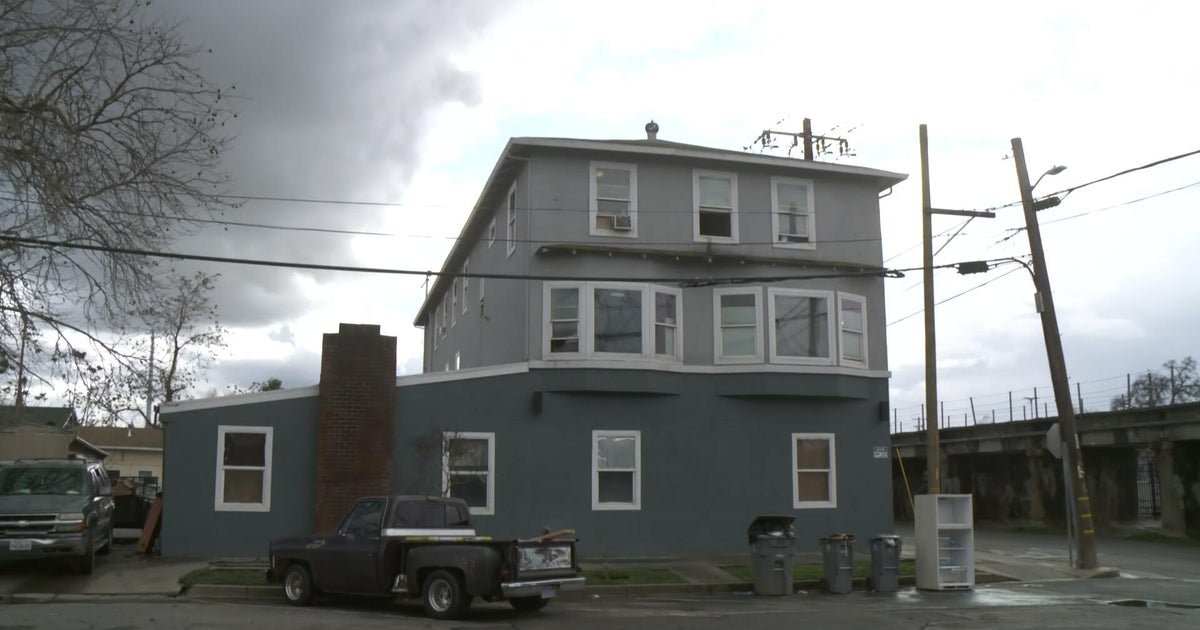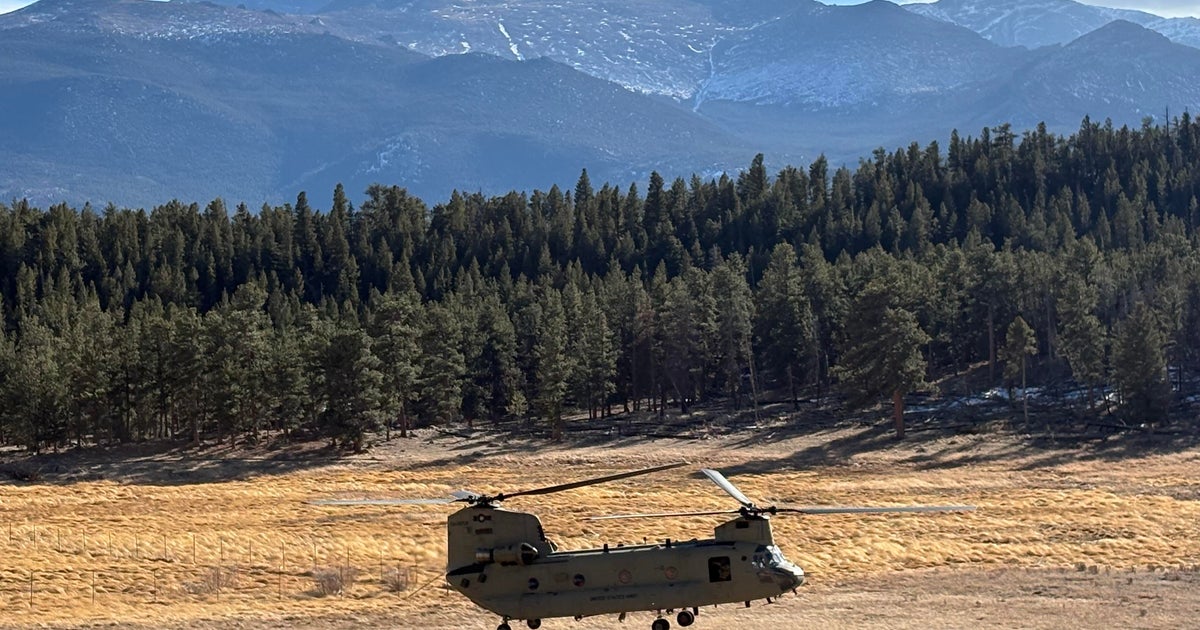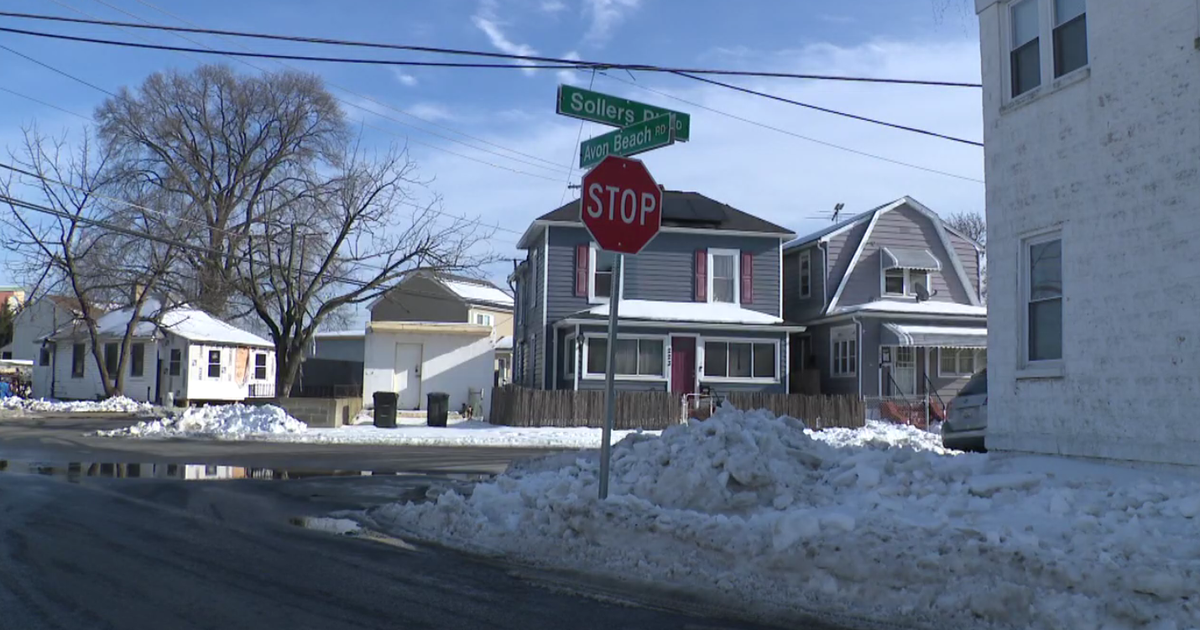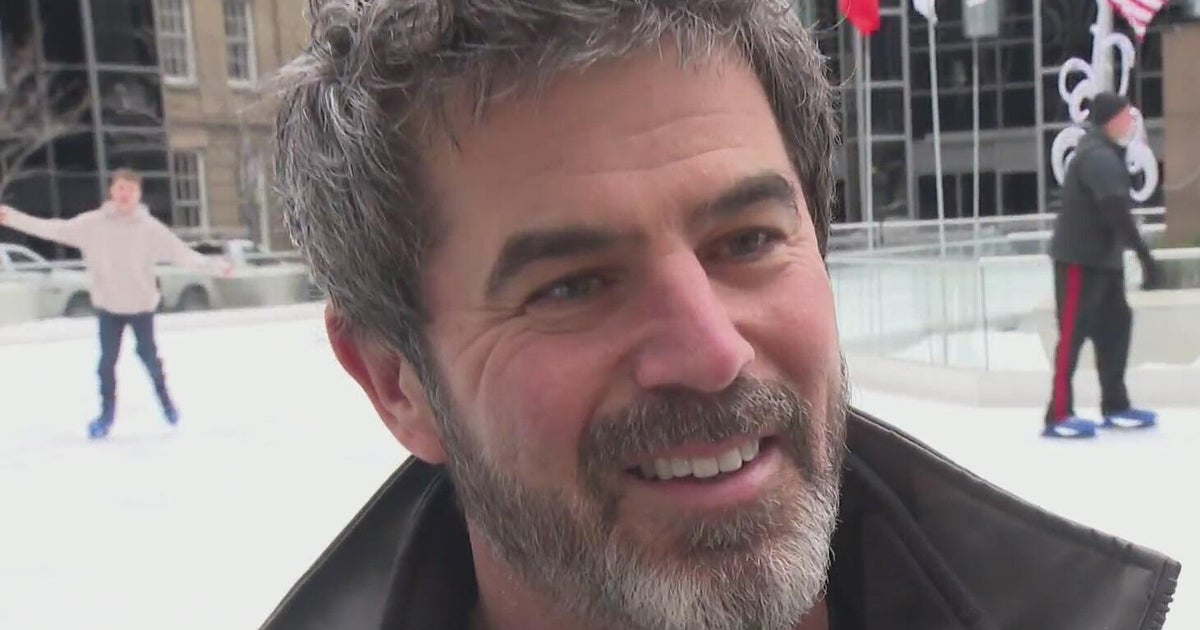Travel Guide To Peru's Machu Picchu
 Machu Pichu (credit: Thinkstock)
Machu Pichu (credit: Thinkstock)
Located on the eastern slopes of the Andes Mountains, nearly 8,000 feet above sea level, Machu Picchu is Peru's most famous archeological treasure. Hidden by Western civilization for hundreds of years until its discovery by American archeologist Hiram Bingham, Machu Picchu (the old mountain) was an Incan citadel built in the 15th century. Today, Machu Picchu is one of the most visited attractions in South America and has been repeatedly described as a place that needs to be seen at least once in a lifetime. This travel guide provides basic information on transportation to one of the New Seven Wonders of the World in addition to safety tips, lodging and dining recommendations.
How To Get To Peru
Peruvian Airports
Most international travelers will fly to Lima, the capital of Peru. Jorge Chávez International Airport in Lima is the busiest airport in the country, serving more than eight million passengers annually. Among the domestic and foreign airline carriers serving Lima are Aeroméxico, American, Delta, JetBlue, LAN, Spirit and United. Carriers with service from Lima to Cusco (Cuzco) are Peruvian, StarPeru and Tespa. Licensed taxis. airport shuttles and car rentals from Avis, Budget or Hertz are available.
The closest international airport to Machu Picchu is Alejandro Velasco Astete International Airport in Cusco. However, no direct flights are available from the U.S. Visitors arriving at this airport can find a taxi service such as Cusco Transport and Tours and Cusco Shuttle to transport them into the city.
Passengers arriving in Lima must take an 80-minute flight on airline carriers such as Peruvian or LAN to Cusco, or choose the more affordable, but less practical, option of riding a bus for 21 hours.
From Cusco, visitors must take a train outside of the city to the closest town to Machu Picchu — Aguas Calientes, also known as Machu Picchu Pueblo.
U.S. citizens must have a valid U.S. passport in their possession to gain entry into, as well as to depart Peru. One of the pages of the passport must be blank for the entry stamp and tourist visas are issued at the port of entry. There are no currency restrictions for entry or exit. A vaccination for yellow fever prior to the trip is recommended.
Purchases made be made through the official Machu Picchu website or at any National Bank of Peru (Banco de la Nación) location. Currently, general admission is $41 with additional charges to the museum or to the iconic mountain known as Huayna Picchu. The official website does list local offices and ticket agents for purchases. However, due to high demand, tickets sell out fast. To guarantee entry to Machu Picchu, visitors are advised to purchase their tickets in advance of the trip. Only 2,500 people are allowed each day to Machu Picchu, and only 400 to the iconic Huayna Picchu (young peak). Additionally, permits to hike the Inca Trail (Camino Inka) are limited to 500 per day (including 300 trekking staff). Information on permit availability can be found through the official Machu Picchu website via the Queries tab. A map of the Inca Trail can be found through MachuPicchu.org, which also features maps of the Machu Picchu sanctuary. The UNESCO World Heritage page for Machu Picchu is another valuable resource for information and maps.
U.S. travelers are advised to visit the U.S. Passports and International Travel website for any traveler advisories for Peru or any planned destination. Currently, there are no travel restrictions to Machu Picchu and Cusco. Additional traveler information can be found on the website for the U.S. Embassy in Lima.
Travelers are also advised to be extremely mindful of the dangers of altitude sickness. The Center for Disease Control provides valuable information on their website, including how to acclimate to high altitudes, prevention of severe altitude illness and treatment of acute mountain sickness. Travelers must also be aware of the weather conditions during the planned trip, in addition to the potential for earthquakes in the region.
Travelers should be especially careful careful when negotiating paths in and around Machu Picchu, particularly if the visit includes a trip to Huayna Picchu. Adventurers should also make sure to have a sufficient supply of water packed for the trek.
How To View The Ruins
Extending across 80,000 acres, Machu Picchu is divided into two sectors — the partially restored urban sector with more than 170 buildings including houses, sanctuaries and temples, and the agricultural sector, featuring more than 600 enormous terraces where crops were grown.
Due to its vast size, visitors should take their time strolling through the ancient ruins and do their best to help preserve one of the new Seven Wonders of the World. This is especially important since attendance has steadily grown over the past three decades.
By using a map for reference, visitors can visit the most important sites within the sanctuary in one day, including the Sun Temple, Royal Tomb, the Palace of the Princess and the Main Temple. If making the ascent up Machu Picchu or the more challenging Huayna Picchu, visitors can expect a hike in duration of three hours and 1.5 hours respectively.
Train
Because there is no road leading to Machu Picchu, visitors will either have to take a train or hike 26 miles along the world-famous Inca Trail from Cusco, which can take four days.
Trains do not depart directly from Cusco however, so visitors must take either a taxi or bus to either train station in Poroy, eight miles northwest of Cusco, or from the train station in Ollantaytambo, 38 miles northwest of Cusco. Of the two stations, the latter offers far more departures and return trips from Agua Caliente, the town closest to Machu Picchu.
PeruRail offers four morning departures from Poroy and four return trips in the afternoon from Machu Picchu. All trips operate during both the high and low seasons, although prices are slightly more affordable in the latter. Tickets may be purchased online as well as at train stations and a number of point of sales locations, such as the Lima International Airport and Cusco International Airport.
It is recommended that tickets be purchased in advance to ensure a seat onboard any of the trains, particularly during the high season. The length of train trip from Poroy vary from three hours 10 minutes on the Expedition train to nearly four hours on the second Vistadome trip. The final morning trip features luxury service on the Belmond Hiram Bingham train, but it is by far the most expensive of the three levels of train.
ervice.Two train operators provide rail service between Ollantaytambo and Aguas Caliente — PeruRail and Inca Rail service.
Currently, PeruRail offers 12 outbound trips on either the Expedition or Vistadome trains from Ollantaytambo and 11 return trips from Agua Caliente.
Inca Train offers one economy class round-trip and four executive or first class round-trips from Ollantaytambo. Both the economy class and executive class trains run year-round, while the first class service operates only during the high season, from April 1 to Oct. 31.
Like PeruRail, tickets for the Inca Train can be purchased online, at the international airports and at ticket offices. The duration for train trips for either operator averages 90 minutes one-way.
Visitors have the option of hiking approximately 90 minutes up the steep path to Machu Picchu or taking the Consettur bus. Fare on the bus is currently $12 one way or $24 round-trip. The ticket office is open from 5:30 a.m. until 9 p.m. The last bus departs Machu Picchu at 5:30 p.m. Buses run about every 15 minutes throughout the day, although no complete timetable is published.
Where To Stay In Cusco
Cusco features more than 150 hotels within the city limits, including everything from affordable hostels to five star luxury hotels. The largest concentration of hotels can be found in the historic section of the city (Centro Historico). Visitors should take time to visit the enormous Plaza de Armas, a World Heritage Site, and its two churches, the Cusco Cathedral, completed in 1654 and the Church of the Society of Jesus, built during that same era. A few organized campsites are available in Cusco, such as Campsite Quinta LALA and Campground Cusco.
Budget
Moderate
- Atiq Hotel Boutique
- Hotel Rumi Punku
- Hotel Torre Dorada
- Tierra Viva Cusco Centro
- Tierra Viva Cusco Saphi
Luxury
Like hotel accommodations, the best selection of dining can be found within the Centro Historico. While Peruvian cuisine dominates the city scene, there are other choices for dining, including vegan restaurants, pizzerias, Japanese and American-styled restaurants.
With a population of less than 2,000, tourism is the driving force for the economy in Aguas Calientes. To meet the demands of practically every traveler that visits the ancient ruins of Machu Picchu, there are nearly 100 hotels in the city. Depending upon the time of season, hostels can be booked for as low as $35 while, on the high end, some hotels go for over $500 per night. Regardless of the type of accommodations, reservations must be made well in advance.
Agua Calientes Hostels
Aguas Calientes has about 60 choices for dining, with many receiving high praise from past visitors. Most spots can be found in the city center, along the Vilcanota River (Rio Vilcanota).
Randy Yagi is an award-winning freelance writer covering all things San Francisco. In 2012, he received a Media Fellowship from Stanford University. His work can be found on Examiner.com
